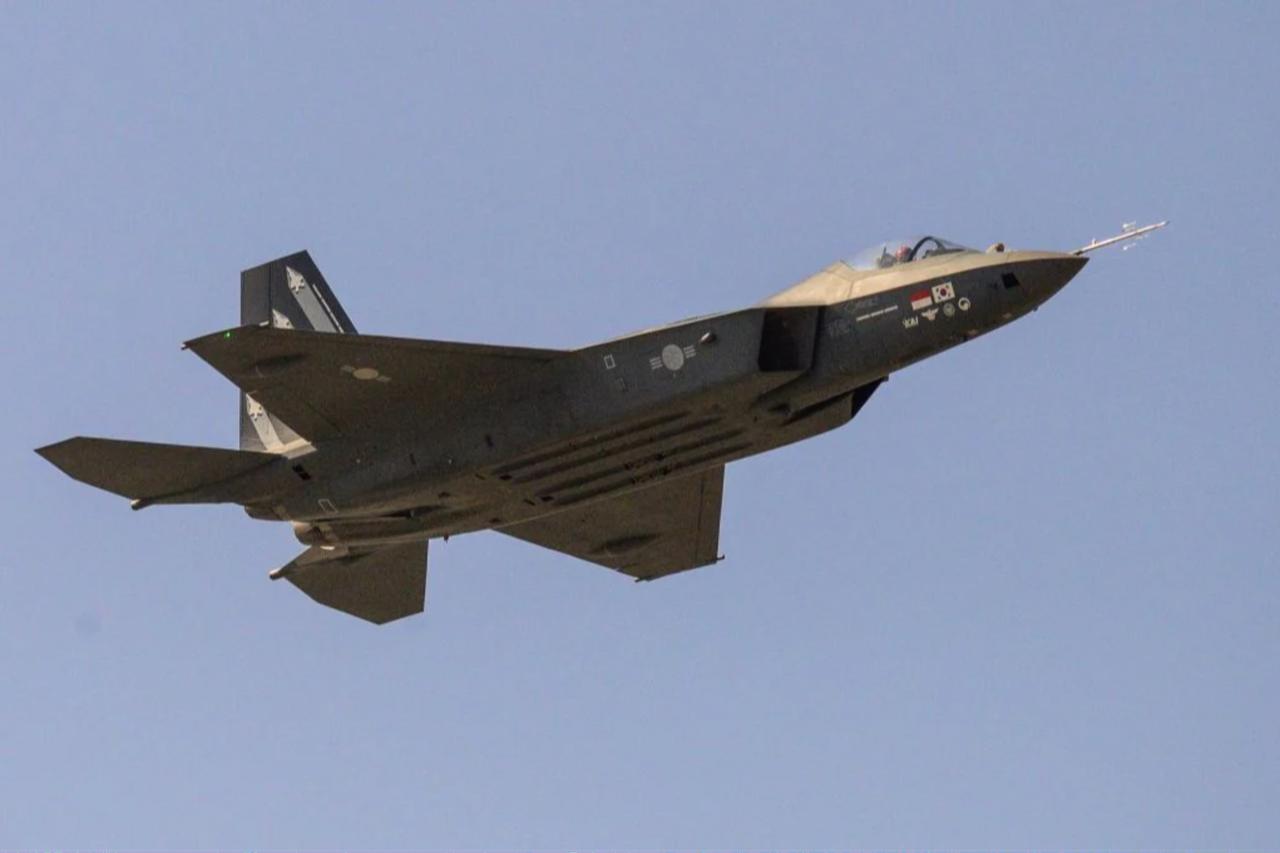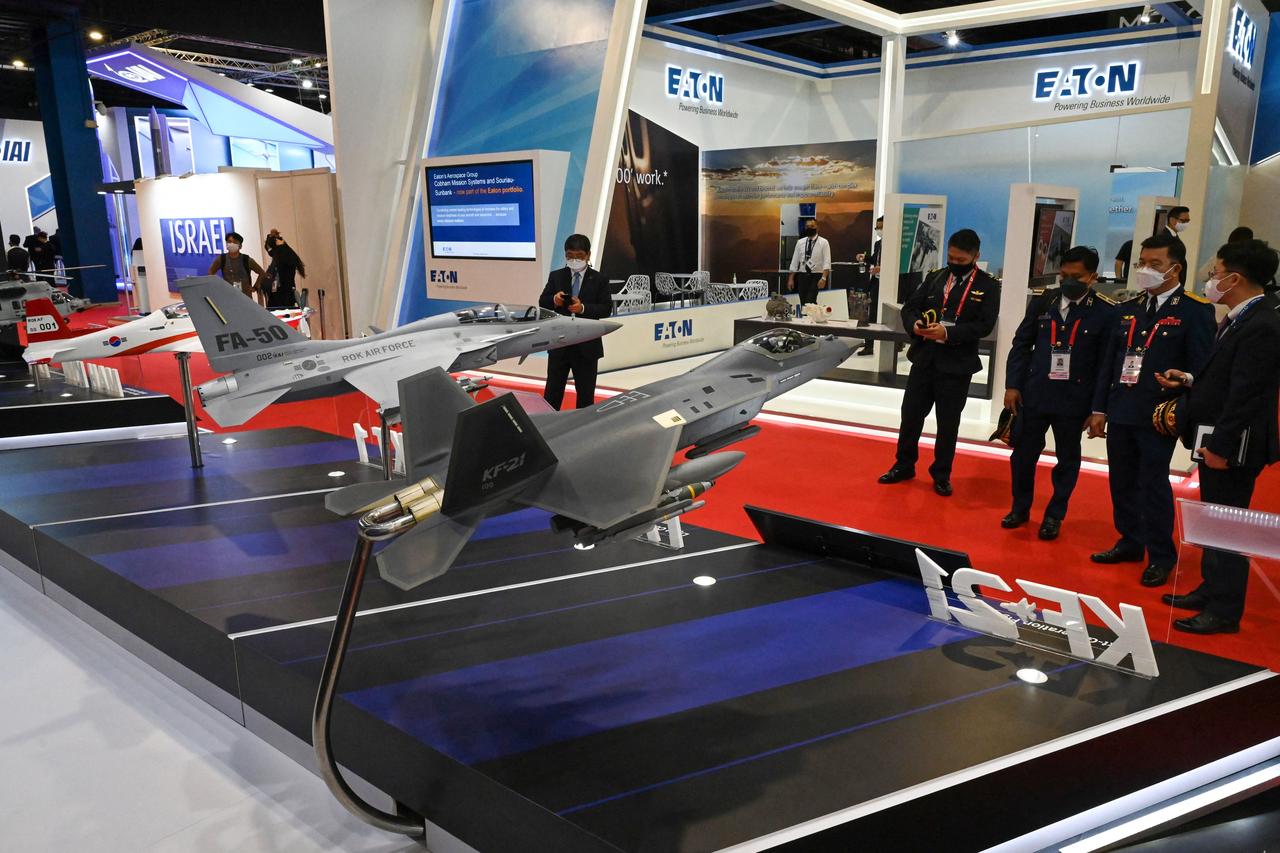
The United Arab Emirates (UAE) has quietly shifted away from acquiring F-35 stealth fighters, instead pursuing partnerships with South Korea's KF-21 program and expressing interest in Türkiye's KAAN fifth-generation fighter project.
The UAE's $23 billion F-35 deal, authorized during Donald Trump's first presidency, stalled under the Biden administration due to concerns over Emirati ties with China.
In December 2021, Abu Dhabi formally suspended negotiations, citing "concerns over sovereignty issues and the high costs of compliance with American conditions."
Following the F-35 setback, the UAE purchased 80 French Rafale fighters through a $19 billion agreement.
The country has since expanded its search for alternative defense partners beyond traditional Western suppliers.
In April 2025, Abu Dhabi signed a letter of intent to participate in South Korea's KF-21 Boramae program. Under this arrangement, Emirati personnel will observe flight tests and participate in training activities.
The KF-21 offers technology transfer opportunities and joint production capabilities as a cost-effective, 4.5-generation multi-role platform.

Turkish Aerospace Industries General Manager Mehmet Demiroglu confirmed at the International Defense Exhibition and Conference in Abu Dhabi that the UAE has shown interest in Türkiye's KAAN fighter jet project.
"There is a lot of interest from several nations, but these processes take time and require high-level decisions," Demiroglu said on Feb. 27.
The KAAN program has attracted significant foreign attention, with Demiroglu noting that an unnamed Gulf nation is "seriously considering" joining the project.
While Turkish media previously reported Saudi Arabia was in talks to procure 100 KAAN fighters in 2024, neither Ankara nor Riyadh confirmed these claims.
Dr. Ali Bakir from Qatar University said KAAN aligns with the UAE's defense industry development goals, noting that "strategic cooperation doors with Türkiye in this field are open."
Dr. Andreas Krieg from King's College London told Amwaj Media in June that the F-35 process has "effectively stopped," and revival remains unlikely despite Trump's return to office.
"The trust gap between the parties is still deep," Krieg said.
According to Amwaj Media analysis, the UAE's strategy of pursuing Rafale, KF-21, and KAAN platforms serves dual purposes: diversifying defense procurement while deepening industrial cooperation partnerships.
This approach aims to maintain ties with the United States while achieving greater autonomy in defense capabilities.
The role of F-35 fighters in the UAE's future air power strategy remains uncertain as Abu Dhabi continues exploring alternatives with non-traditional defense partners.